Conservation Matters: Spring 2021
We find ourselves on the cusp of a sea change in how we transport people and goods as we urgently work to cut the climate-damaging emissions that spew from New Englanders’ tailpipes.
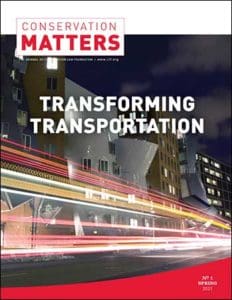
We find ourselves on the cusp of a sea change in how we transport people and goods as we urgently work to cut the climate-damaging emissions that spew from New Englanders’ tailpipes.

Biden’s infrastructure package represents a critical investment in our future, infusing much-needed funding to ramp up New England’s transition to a carbon-free economy by 2050.
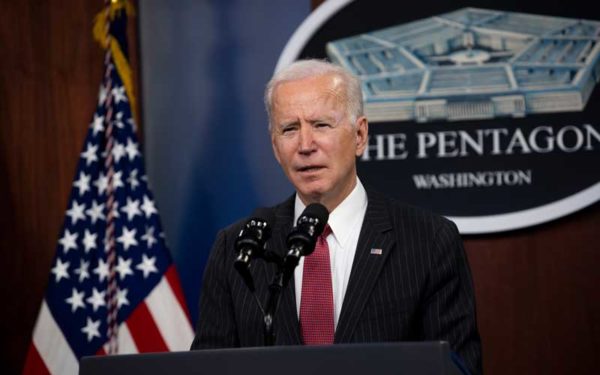
Maine has finalized its Climate Action Plan. Now, the work to implement the goals outlined in the plan and get Maine on track to slash emissions before 2030, begins.
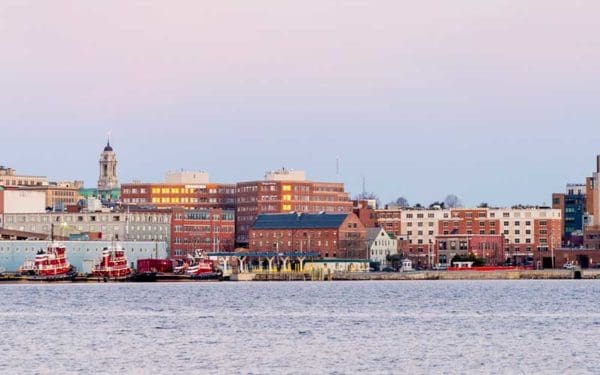
“Electric cars, trucks, and buses are the future,” said CLF Senior Attorney Emily Green. “Cutting transportation emissions to zero is a critical piece of confronting the climate crisis and protecting public health from toxic exhaust. This is yet another example of states leading the way while the federal government turns back the clock on environmental progress.
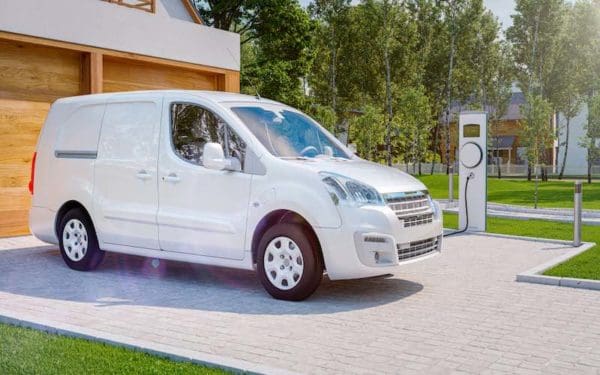
CLF’ers Elena Mihaly and Tom Irwin show that you don’t have to live in a major city, or even on a paved road, to benefit from driving an electric car.
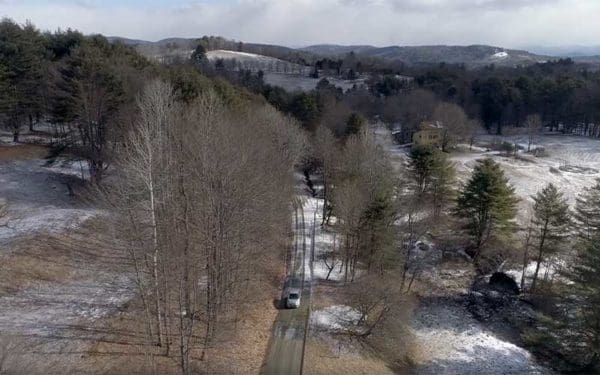
“Our climate and our health require us to switch from gas-burning cars to clean electric,” said Amy Laura Cahn, Director of CLF’s Healthy Communities and Environmental Justice program and a member of the Massachusetts Zero Emission Vehicle Commission. “The rebate clearly works, and we need more resources, not fewer at this critical time for our climate. We hope to see a short-term funding fix soon, but the State House and Baker Administration must commit to long-term and large-scale investments to keep this popular rebate in place.”
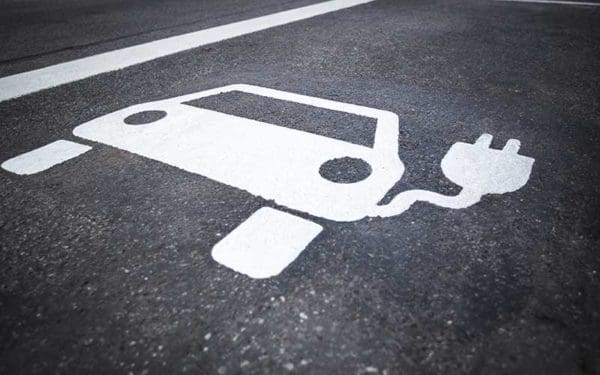
It’s that time of year again—National Drive Electric Week! Every year, people across the nation celebrate the benefits of electric vehicles and showcase their cars during events throughout the country. From not shelling out money at the gas pump to not spewing pollution, there’s a lot to celebrate. Pollution from transportation, including the cars and trucks we drive every day, is the leading cause of climate-damaging emissions in New England. If we want to tackle the climate crisis, we have to fight for cleaner cars and a cleaner transportation system overall.
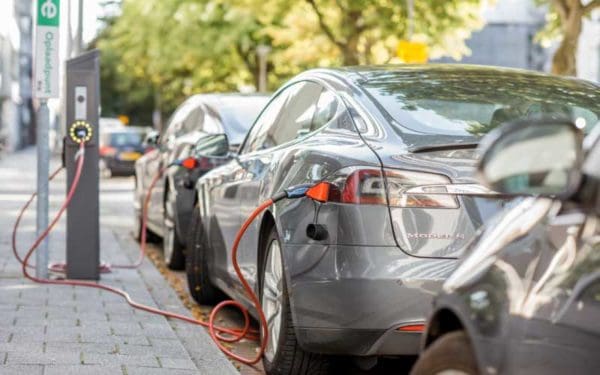
Getting serious about tackling the climate crisis means getting around without burning fossil fuels. Unfortunately, most cars and trucks still run on gasoline, which pollutes both our air and our climate. In fact in New England, the exhaust from cars, trucks, and buses accounts for more than a third of our climate-damaging emissions. This needs to change. Vermont needs to put at least 50,000 electric cars and trucks on the road by 2025 to meet the goals set forth in the State’s energy plan. With only around 3,000 on the road right now, we are far from on track to get there.
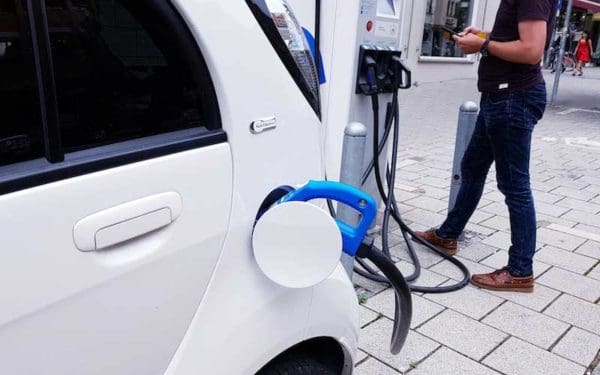
Air pollution poses a serious threat to our health, and the emissions from cars, trucks, and buses are some of the most dangerous. In Massachusetts, this pollution does not affect all communities equally.
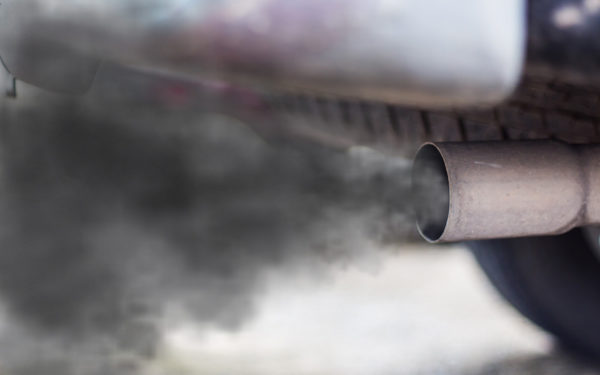
“Ending this rebate while the program is gaining such momentum is a huge lost opportunity,” said Amy Laura Cahn, Director of CLF’s Healthy Communities and Environmental Justice program and a member of the Massachusetts Zero Emission Vehicle Commission. “Gas-burning cars accelerate our climate crisis and pollute our neighborhoods, and the rebate program helps families make the switch to clean electric vehicles. Eliminating the program without providing alternatives takes away needed resources and threatens to set us back in reaching our climate goals.”
